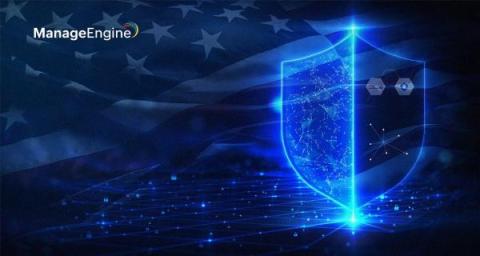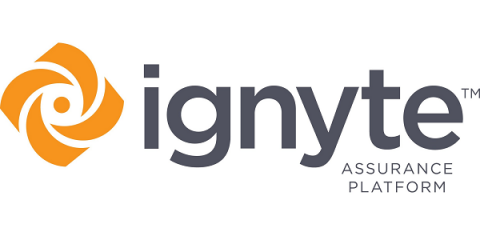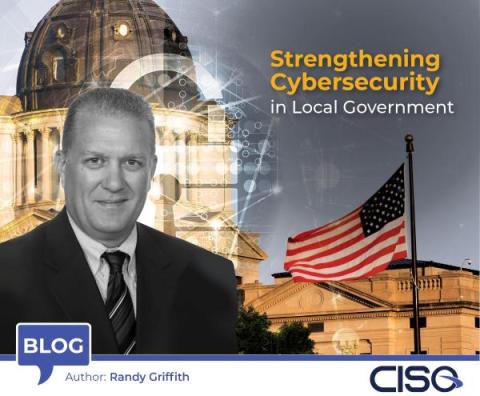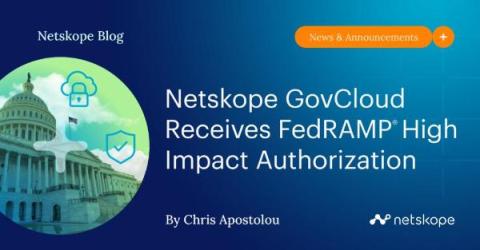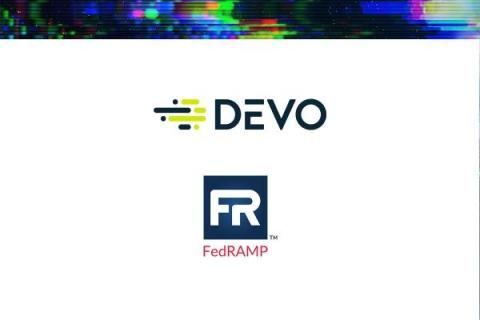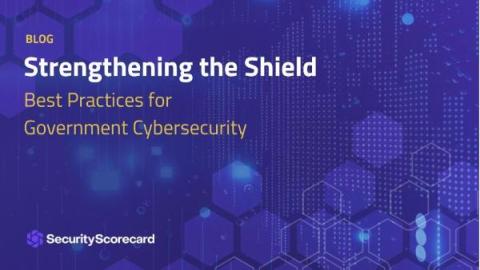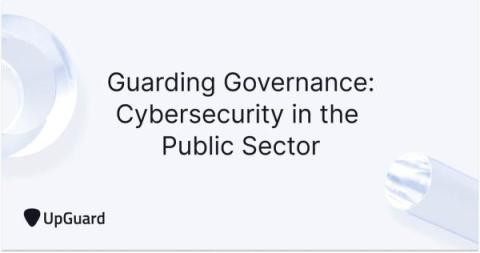Security | Threat Detection | Cyberattacks | DevSecOps | Compliance
Public Sector
Navigating Authority to Operate: FISMA or FedRAMP?
Strengthening Cybersecurity in Local Government
Netskope GovCloud Receives FedRAMP High Impact Authorization
At Netskope, we have a long history of supporting customers in the US Federal Government. For example, the US Patent and Trademark Office (USPTO) recently chose Netskope to help with its cloud-first security initiatives, building out their entire SASE architecture. Today, we’re thrilled to announce two major developments to make it easier to acquire and implement Netskope in US federal agencies and the contractors that support them.
FedRAMP Authorization: A Value to Both Public and Private Organizations
The Federal Risk and Authorization Management Program (FedRAMP®) authorization has, for years, been seen as an arduous undertaking only for companies that want to do business with government agencies and their contractors. However, with growing cybersecurity risks, coupled with tightening data privacy regulations across industries, FedRAMP’s fundamental security requirements are becoming best practices for all organizations handling sensitive data.
Executive Order (EO) 14110: Safe, Secure & Trustworthy AI
Strengthening the Shield
The role of governments has evolved to include the safeguarding of not just physical borders but also virtual territories. With an increasing reliance on technology, the need for robust cybersecurity measures within government entities has never been more critical. Here we’ll explore cybersecurity best practices that can fortify government systems, ensuring the protection of sensitive information and the preservation of national security.
Guarding Governance: Cybersecurity in the Public Sector
Monitor highly regulated workloads with Datadog's FIPS-enabled Agent
Protecting sensitive data from the threat of exposure is a non-negotiable business imperative for organizations, especially those in highly regulated sectors like government and healthcare. To help organizations keep their data secure, the National Institute of Science and Technology (NIST) developed a set of requirements for the hardware and software components responsible for data encryption.
Datadog announces commitment to achieving FedRAMP High and Impact Level 5 authorizations
As government agencies accelerate their adoption of cloud technologies—particularly SaaS applications—they need to adhere to strict compliance and security standards. The Federal Risk and Authorization Management Program (FedRAMP) sets these standards for civilian federal agencies, while the Impact Levels laid out by the Defense Information Systems Agency (DISA) in their Cloud Computing Security Requirements Guide set guidelines for Department of Defense (DoD) agencies.


